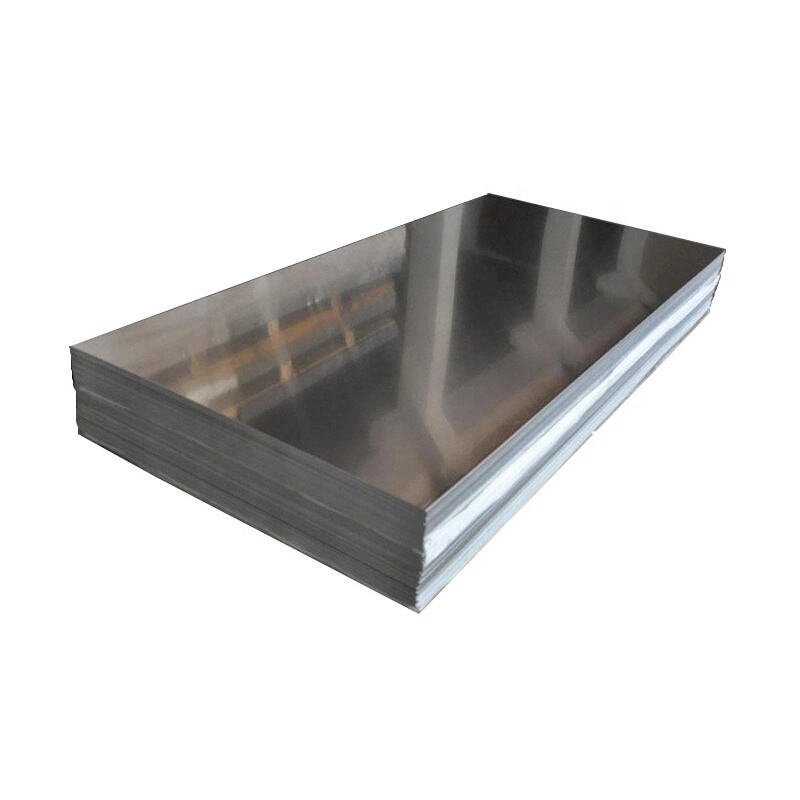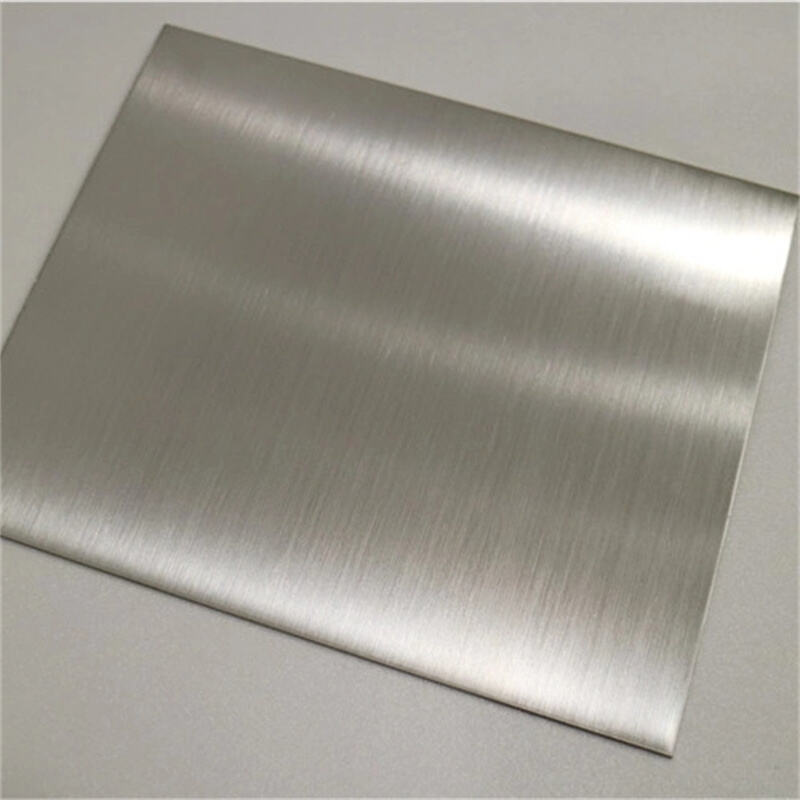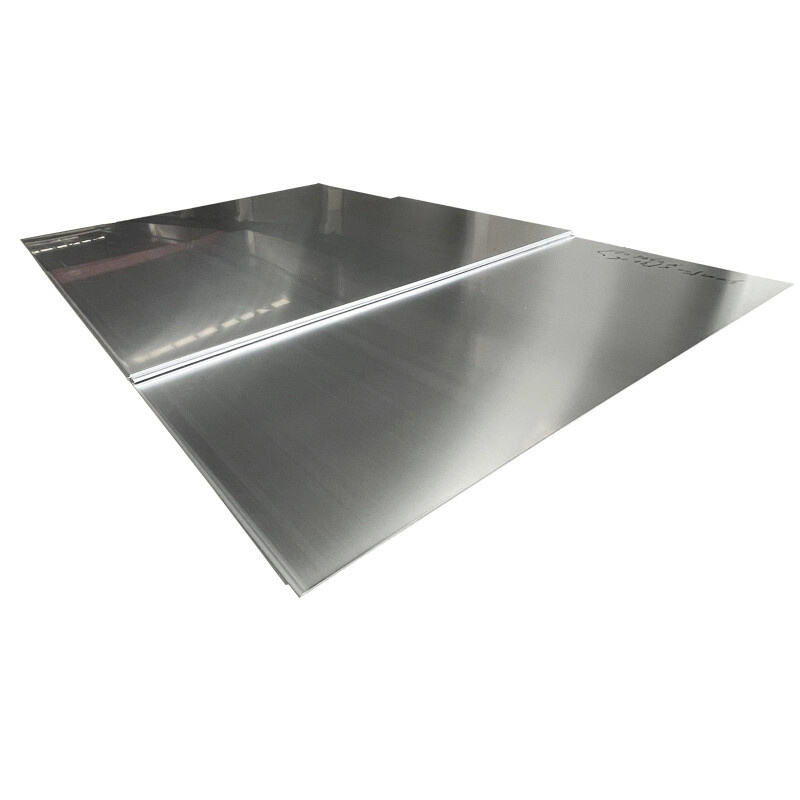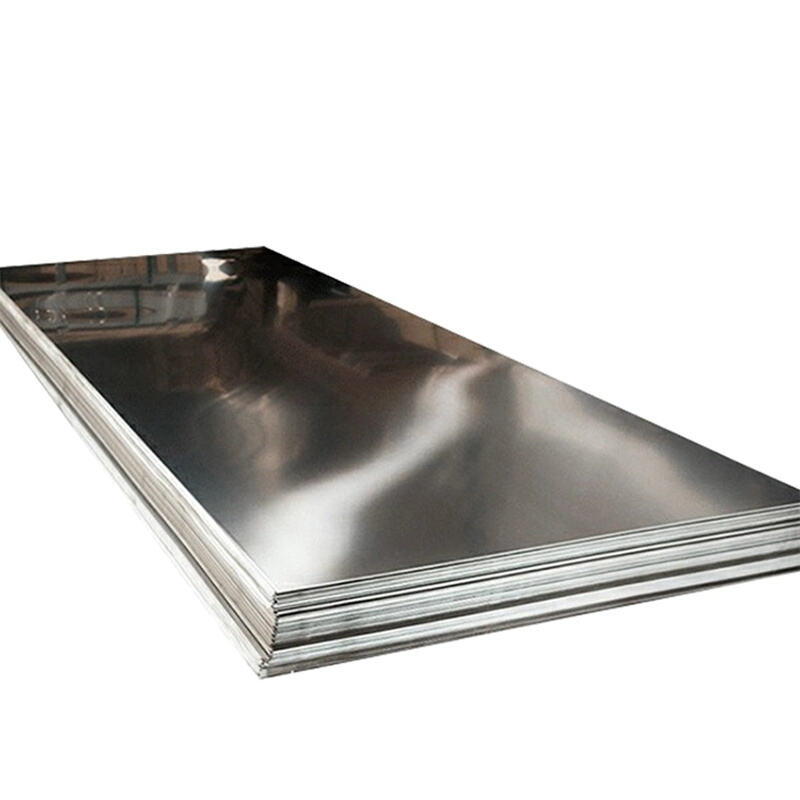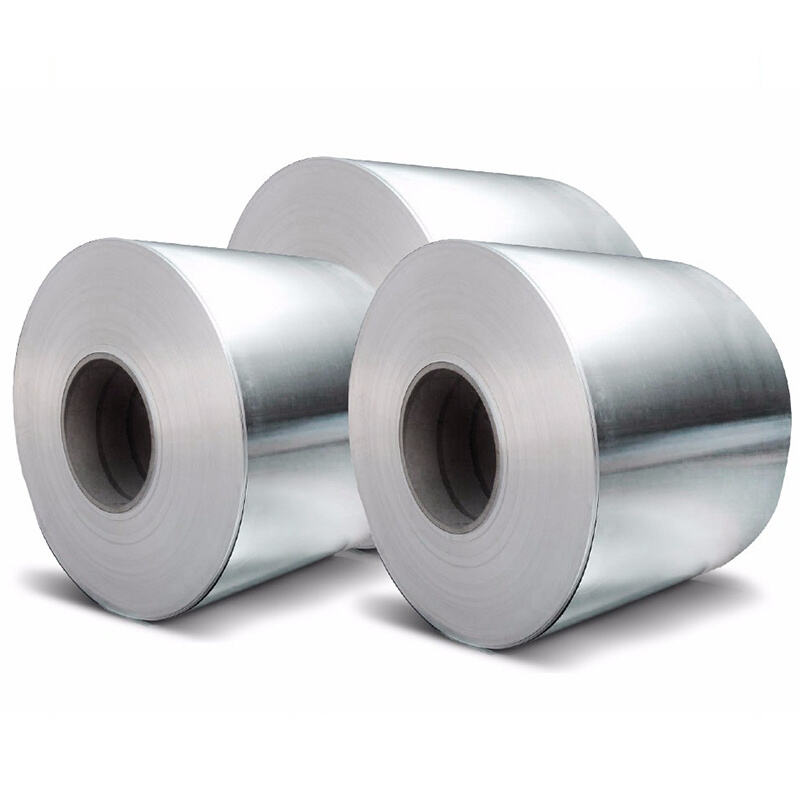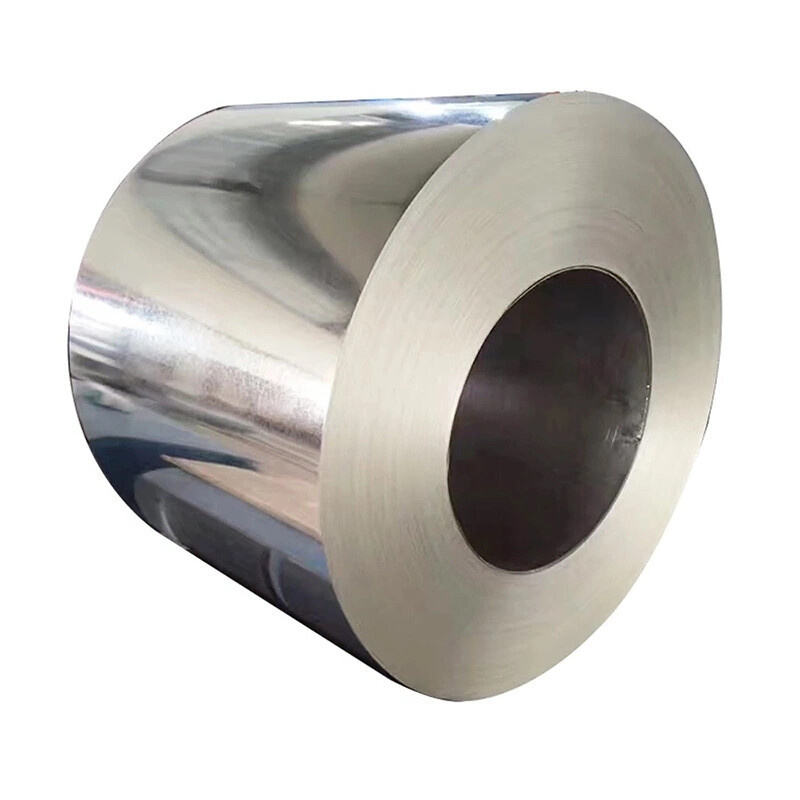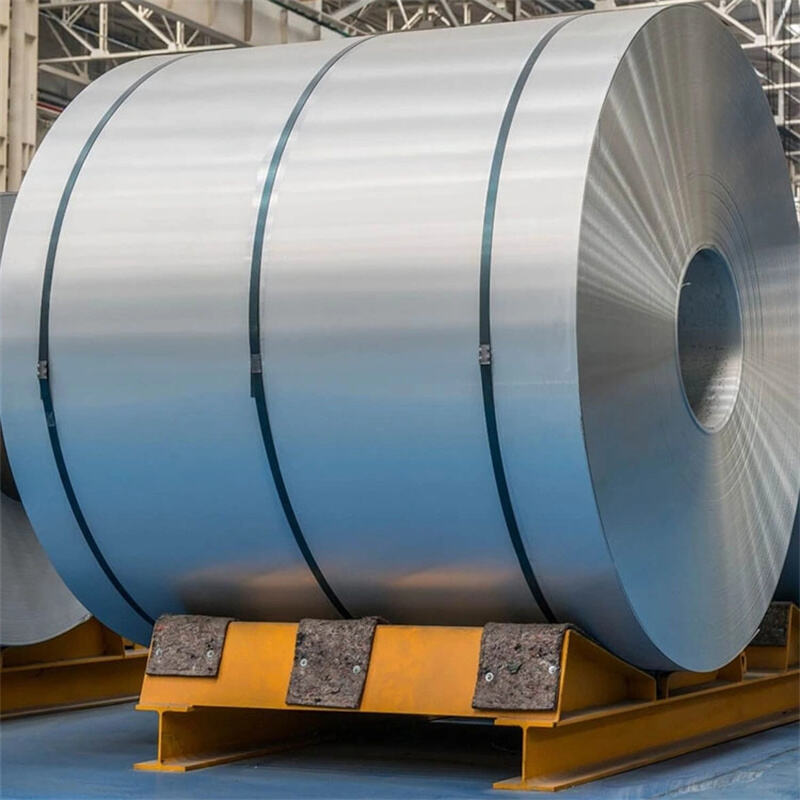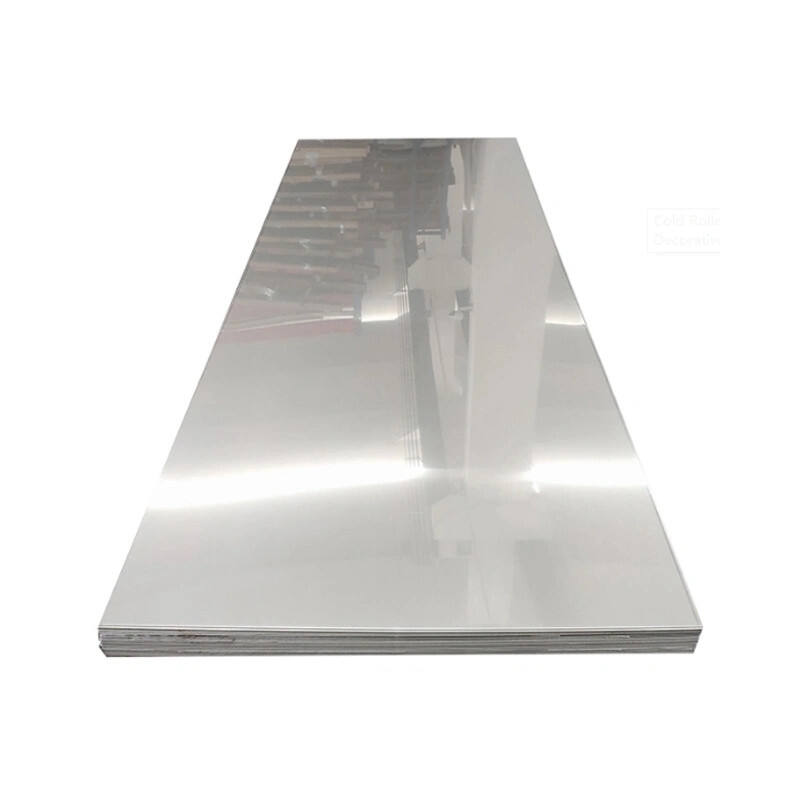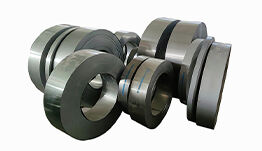Stainless steel plate
Stainless steel plate is generally the general term for stainless steel plate and acid resistant steel plate.
Stainless steel plates have a smooth surface, high plasticity, toughness, and mechanical strength, and are resistant to corrosion by acids, alkaline gases, solutions, and other media. It is an alloy steel that is not easy to rust, but it is not absolutely rust free. Stainless steel plate refers to a steel plate that is resistant to weak media corrosion such as atmosphere, steam, and water, while acid resistant steel plate refers to a steel plate that is resistant to chemical corrosive media corrosion such as acid, alkali, and salt. Stainless steel plates have a history of over a century since their introduction in the early 20th century.
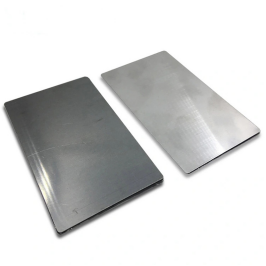
Stainless steel can be divided into 400 series, 300 series, and 200 series based on its key chemical composition. The proportion of 200 series in China's crude stainless steel production is significantly higher. The gap in logistics development with foreign countries.
Increase in production and sales
The production reached 8.805 million tons, accounting for 26.79% of the global proportion. The compound annual growth rate during the year was 30.29%.
The self-sufficiency rate of domestic stainless steel materials has been further improved, reaching over 85%.
China is still a developing country, in the process of industrialization, and in the early to mid-term transition stage, there is still great potential for increasing demand for steel, especially stainless steel consumption. Based on the experience of developed countries, especially Japan, in the development of stainless steel, after a decade of rapid growth, it is estimated that China's stainless steel production and consumption will steadily increase at the current level in the next few years, but the growth rate will still exceed 10%.
In the distribution of stainless steel demand in China, construction decoration accounts for 18.73%, kitchen utensils and white electricity industry accounts for 44.73%, chemical energy industry accounts for 12.44%, manufacturing industry accounts for 16.35%, transportation industry accounts for 6.82%, and other industries account for 0.95%.
Recommended Products
Hot News
-
Stainless steel plate
2023-10-17
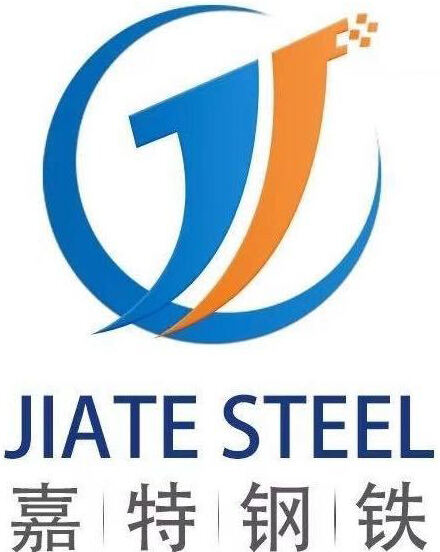
 EN
EN
 AR
AR
 BG
BG
 HR
HR
 CS
CS
 DA
DA
 NL
NL
 FI
FI
 FR
FR
 DE
DE
 EL
EL
 HI
HI
 IT
IT
 JA
JA
 KO
KO
 NO
NO
 PL
PL
 PT
PT
 RO
RO
 RU
RU
 ES
ES
 SV
SV
 TL
TL
 ID
ID
 UK
UK
 VI
VI
 SQ
SQ
 HU
HU
 TH
TH
 TR
TR
 BE
BE
 AZ
AZ
 LO
LO
 MN
MN
 MY
MY
 KK
KK
 SU
SU
 UZ
UZ
 KY
KY
